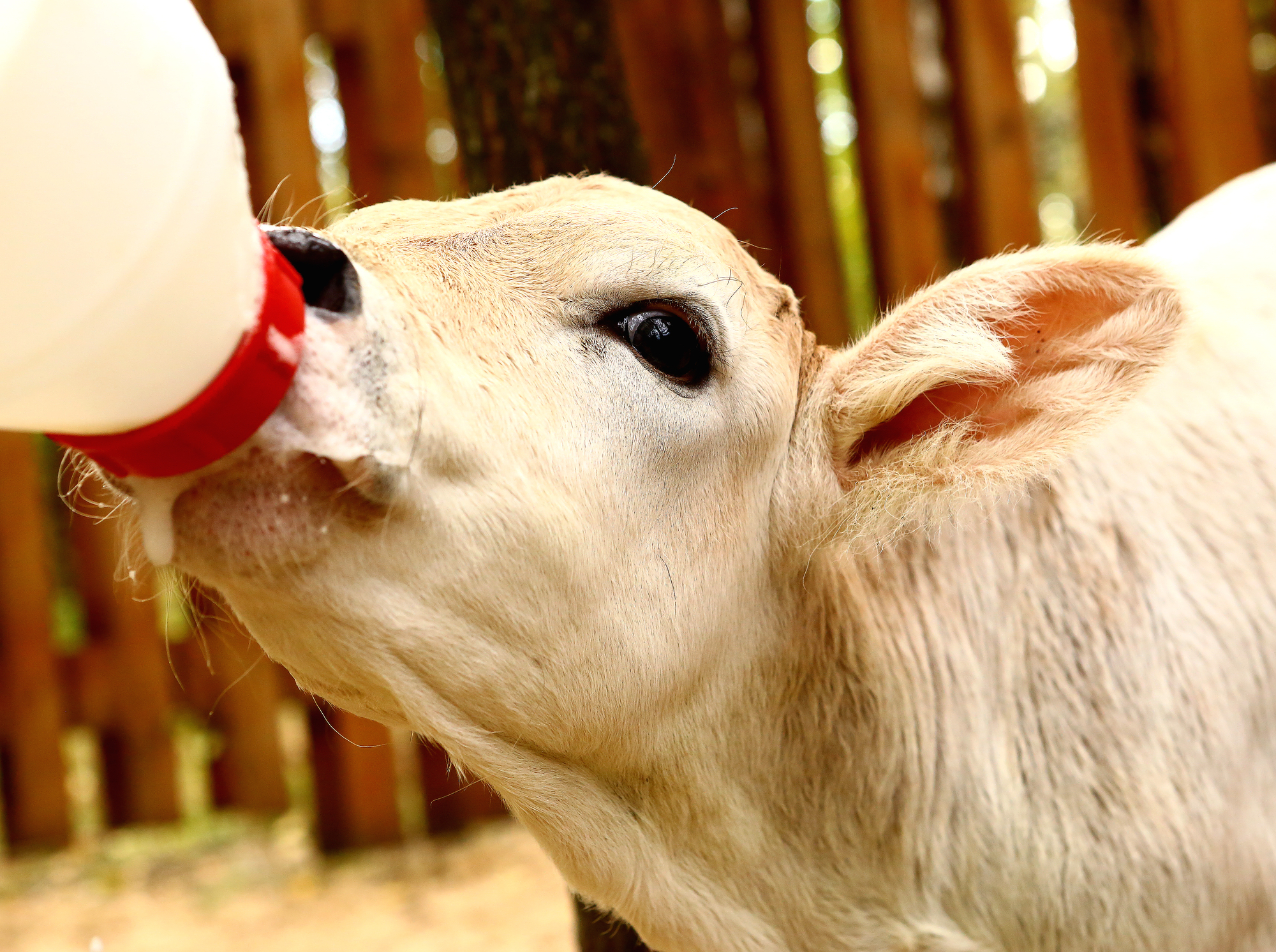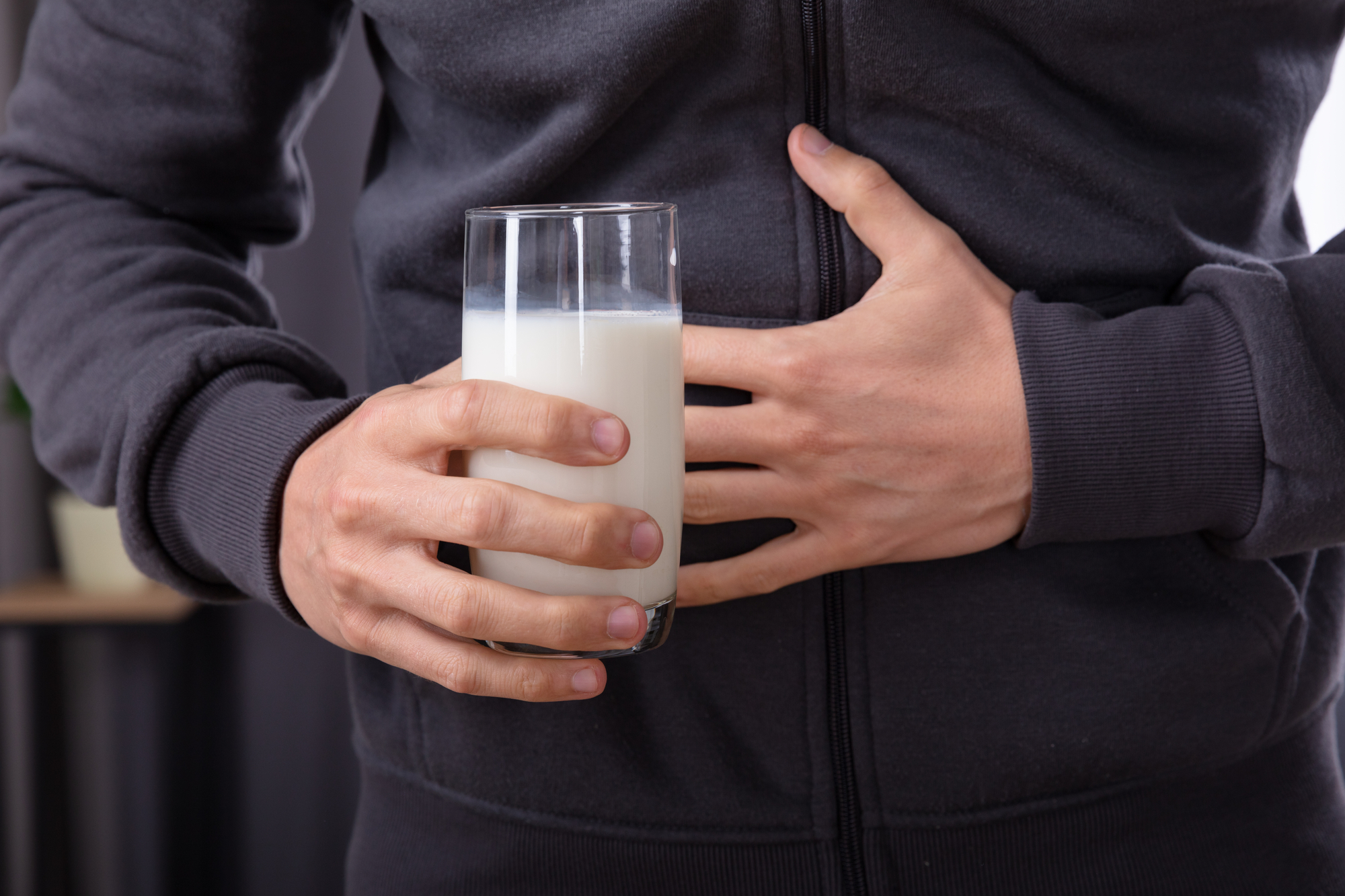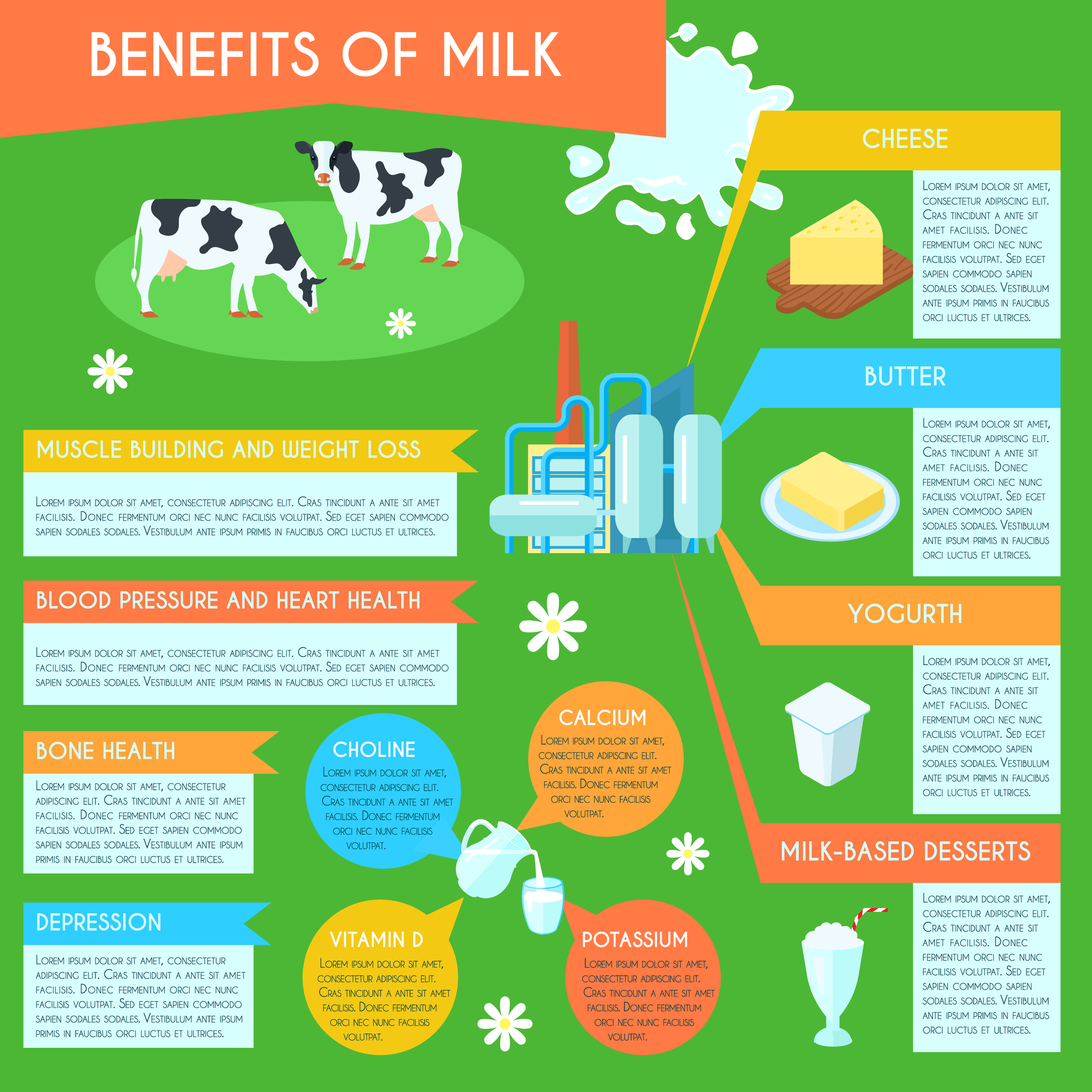The Dairy Controversy
For a long period of time, it was believed that milk is essential food for bone health. However, some experts disagree and believe that dairy products are harmful to humans health and have to be avoided.
The thing to keep in mind is that not all dairy products are equal. There are numerous things that determine if a certain dairy product will be good or bad for your health. So now let us try to find out the truth about this controversial food.
Is It Natural To Consume Diary?
One of the most common arguments against milk is that it is unnatural for humans, and especially adults, to include it in their diets. Humans are the only species on earth to drink milk throughout life. In contrast, animals drink milk only in childhood. What is more, there are no species on earth except humans that drink milk from another animal.
Since the biological purpose of cow’s milk is to feed a calf and ensure its growth, saying that milk consumption is unnatural for humans makes a lot of sense. Adults do not need to grow and even when it comes to children, they are definitely not calves to drink cow’s milk.

Photo by ©Ulianna/ Depositphotos.com
If we look back at history, it becomes clear why dairy products are excluded from paleo diet — a diet based on characteristics of ancient diets. The thing is that before the agricultural revolution, humans did not consume animal’s milk. They only drank mother’s milk as infants. That is why there are so many doubts concerning the belief that dairy is needed for optimal health.
However, after humans started dairy consumption, our genes have changed to accommodate it, making it natural for humans to consume dairy.
Lactose Intolerance
Lactose, a milk sugar and the main carbohydrate in milk, breaks down by a digestive enzyme called lactase. Human’s body produces this enzyme to break down lactose from mother’s milk, which means that this enzyme is produced mainly by infants. Many people, about 75% of the world’s population, lose the ability to produce lactase in adulthood, so lactose from milk cannot break down. This phenomenon is known as lactose intolerance.

Photo by ©AndreyPopov/ Depositphotos.com
Lactose intolerance includes a number of digestive symptoms, such as nausea, vomiting, diarrhea and some other. It depends on a person if these symptoms are light or severe. But the truth is that some of those who have lactose intolerance can actually consume some dairy products, including kefir, yogurt, and butter.
It is worth to mention that in addition to lactose intolerance, some people, and especially children, can also be allergic to other components in milk.
What Nutrition Does Milk Have?

Photo by ©macrovector/ Depositphotos.com
Even though the biological purpose of milk is to allow calf grow, it is also very nutritious for humans. Milk provides a lot of calcium, vitamin D, riboflavin, vitamins B, vitamin A, potassium, phosphorus, selenium, zinc and magnesium. It is high in quality animal proteins and actually contains a little bit of almost everything we need to be healthy.
Nevertheless, it is important to understand that there are different types of dairy and not all dairy products are equal. For example, such products as cheese and butter contain much more fat than milk. What is more, nutrient composition of any dairy product depends on what the cows ate and how they were raised.
Conventional dairy products are rich in Omega-6 fatty acids, while organic dairy products are rich in Omega-3, vitamins and minerals, and contain up to 500% more Conjugated Linoleic Acid. What is more, note that fat-free and low-fat dairy products often contain a lot of sugar in comparison to full-fat ones.
Dairy and Health Issues
Diary controversy is supported by controversial studies on dairy and its effect on human health. Dairy is well-studied but most of the studies contradict each other.
The first controversy to mention is the dairy effect on bones. Milk is a great source of calcium, so it is logical that it is good for bones. And while most of the health experts say it is good to have at least one serving of dairy per day, there are those who do not see dairy consumption as a good idea. The thing is that if we compare osteoporosis rates in different countries, we will see that countries that consume a lot of dairy products often have higher rates of osteoporosis. Nevertheless, it is important to understand that there are many other differences between these counties and that is why it is wrong to believe that it is dairy that causes osteoporosis.
The next controversy is associated with obesity. The thing is that most of the people who want to lose weight focus on low-fat and fat-free dairy products instead of full-fat ones and logically, it makes sense. Nevertheless, numerous studies show that it is exactly full-fat dairy that is associated with reduced obesity. What is more, some studies showed that consumption of full -fat dairy is also associated with a reduced risk of diabetes.
The third controversy is the dairy effect on the heart. For a long period of time, it was believed that saturated fats in dairy are the reason for the development of heart disease. Nevertheless, recent researches show that there is no direct link between saturated fats and heart disease. What is more, depending on a type of dairy, it can even protect from heart disease and stroke. The healthiest dairy for the heart is full-fat dairy that comes from grass-fed animals.
The third controversy is associated with IGF-1 (Insulin-like Growth Factor 1). Such hormones may be the reason for acne and are associated with the development of certain cancers, including prostate cancer. At the same time, dairy consumption is linked to a reduced risk of colorectal cancer, so the thing to understand is that relationship between dairy and cancer is quite complex. And IGF-1 is good for those who workout to gain muscle and strength.
To Eat or Not to Eat?
When it comes to dairy, there is no single answer because its impact on human health varies greatly from individual to individual. Some of us tolerate dairy and some experience insulin intolerance symptoms. There are also those, who have insulin intolerance but still can enjoy fermented and raw dairy.
If you tolerate dairy products and want to enjoy its health benefits, make sure to choose quality dairy and avoid low-fat and fat-free products loaded with sugar.
Types of Dairy to Include in Diet
The same to many other foods, the healthiest dairy is organic dairy. Organic dairy comes from grass-fed animals, or better animals raised on pasture. It is more nutritious and has a higher content of Omega-3 fatty acids.
Fermented dairy products such as kefir and yogurt are also known to be good, especially for your gut flora. Raw milk is a good alternative for those who do not tolerate pasteurized milk. What is more, if you have some symptoms of lactose intolerance, you can always try to swap cow’s milk for goat’s one.


